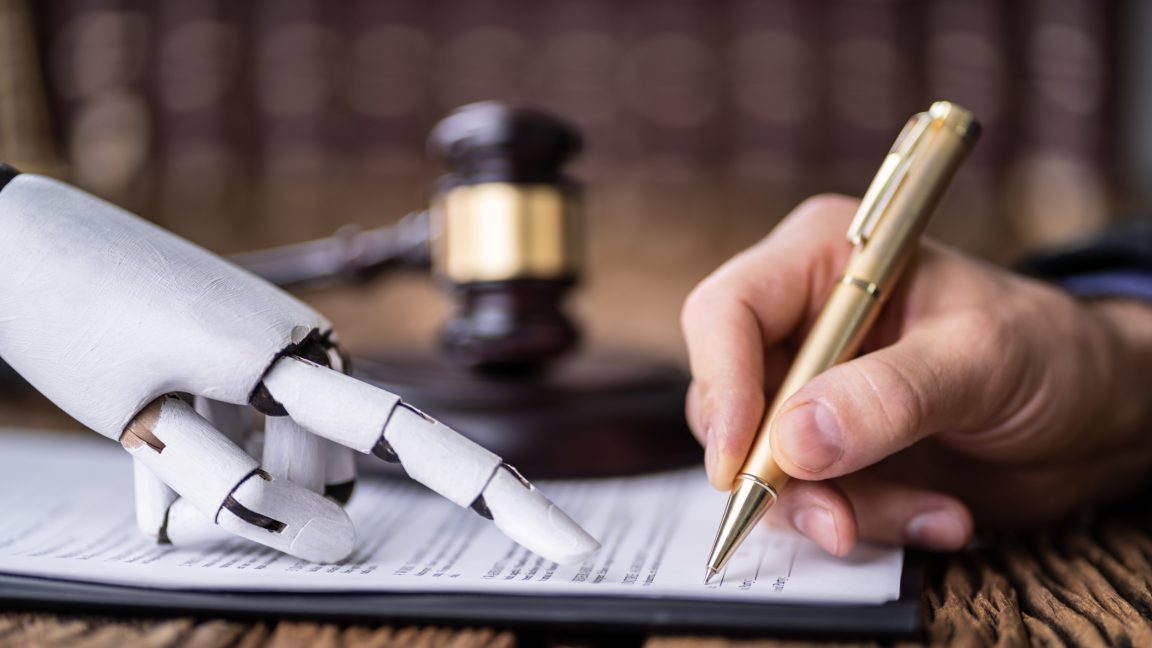Nycturne
Elite Member
- Joined
- Nov 12, 2021
- Posts
- 1,749
I agree with the distinction between language and symbols, but would argue that the written form of language is symbols so they seem to be closely related in the developmental process at least for humans.
I never said language wasn’t. It’s an “all people are mammals but not all mammals are people” situation. So I’m mostly saying that it’s a mistake to suggest language *is* abstract thought rather than a component or result of it.
Our habit of having an internal monologue can bias our views on what abstract thought ultimately is.
Hey that’s a blue truck, not a car!
That’s kinda my point though. Language is imperfect because the symbology of words can be coarse or detailed, broad or narrow, or even highly contextual. It changes over time. The process of translating one set of symbols (mental image) to another (words) while maintaining meaning is surprisingly inconsistent.
The fact that we can build social constructs on what words mean (dictionary) and then choose to embrace or ignore that construct makes me believe language is just one form symbols can take, and likely not the foundational one, but rather one we use frequently as it enables social structures and other useful traits for us, such as passing on skills to our young.
Another mark against language as the basis for thought is research from not long ago where it appears that high level mathematical capability isn’t linked to the language processing centers.






